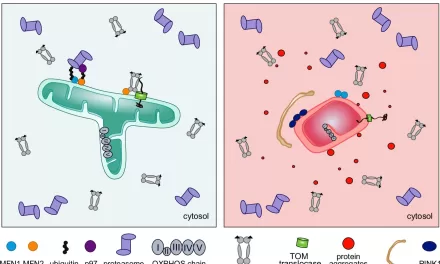A recent study published in Cancer has found that cancer survivors experiencing pain are more likely to use tobacco and cannabis. The research highlights the interconnected nature of pain and substance use among individuals who have battled cancer, emphasizing the need for integrated treatment approaches.
Study Findings
The study analyzed data from two large national surveys in the United States. Researchers examined responses from 1,252 adults in the Population Assessment of Tobacco and Health (PATH) Study (Wave 6, 2021) and 4,130 adults in the 2020 National Health Interview Survey.
Key findings from the PATH Study indicated that higher pain intensity in the past week was associated with an increased likelihood of cigarette, e-cigarette, and cannabis use. Interestingly, individuals with greater pain intensity were less likely to consume alcohol.
Similarly, data from the National Health Interview Survey showed that chronic pain was linked to higher cigarette smoking rates and lower alcohol consumption. Furthermore, both studies revealed that cigarette smoking and pain were correlated with fatigue, sleep disturbances, poorer mental and physical health, and diminished quality of life among cancer survivors.
Expert Insights
Lead author Jessica M. Powers, Ph.D., of Northwestern University’s Feinberg School of Medicine, emphasized the cyclical nature of pain and substance use.
“These findings show that because pain and substance use are interconnected among cancer survivors, it’s important to focus on treating both together in cancer care. Pain can drive substance use, and substance use can worsen pain, creating a cycle that’s hard to break,” Dr. Powers explained.
She also warned against the potential risks of substance use among cancer survivors, noting that while substances like cigarettes and cannabis may offer temporary relief, they can negatively impact treatment efficacy and increase the risk of cancer recurrence.
Implications for Cancer Care
The study underscores the need for healthcare providers to address both pain management and substance use in cancer survivorship care. Developing alternative pain management strategies that do not rely on tobacco or cannabis use could help improve long-term health outcomes for cancer survivors.
Disclaimer
This article is based on findings from published research and is for informational purposes only. It does not constitute medical advice. Individuals experiencing pain or considering changes to their substance use should consult a healthcare professional.
For further reading: Relationship Between Pain and Non-Opioid Substance Use in Two National Samples of Cancer Survivors, Cancer (2025). DOI: 10.1002/cncr.35701











